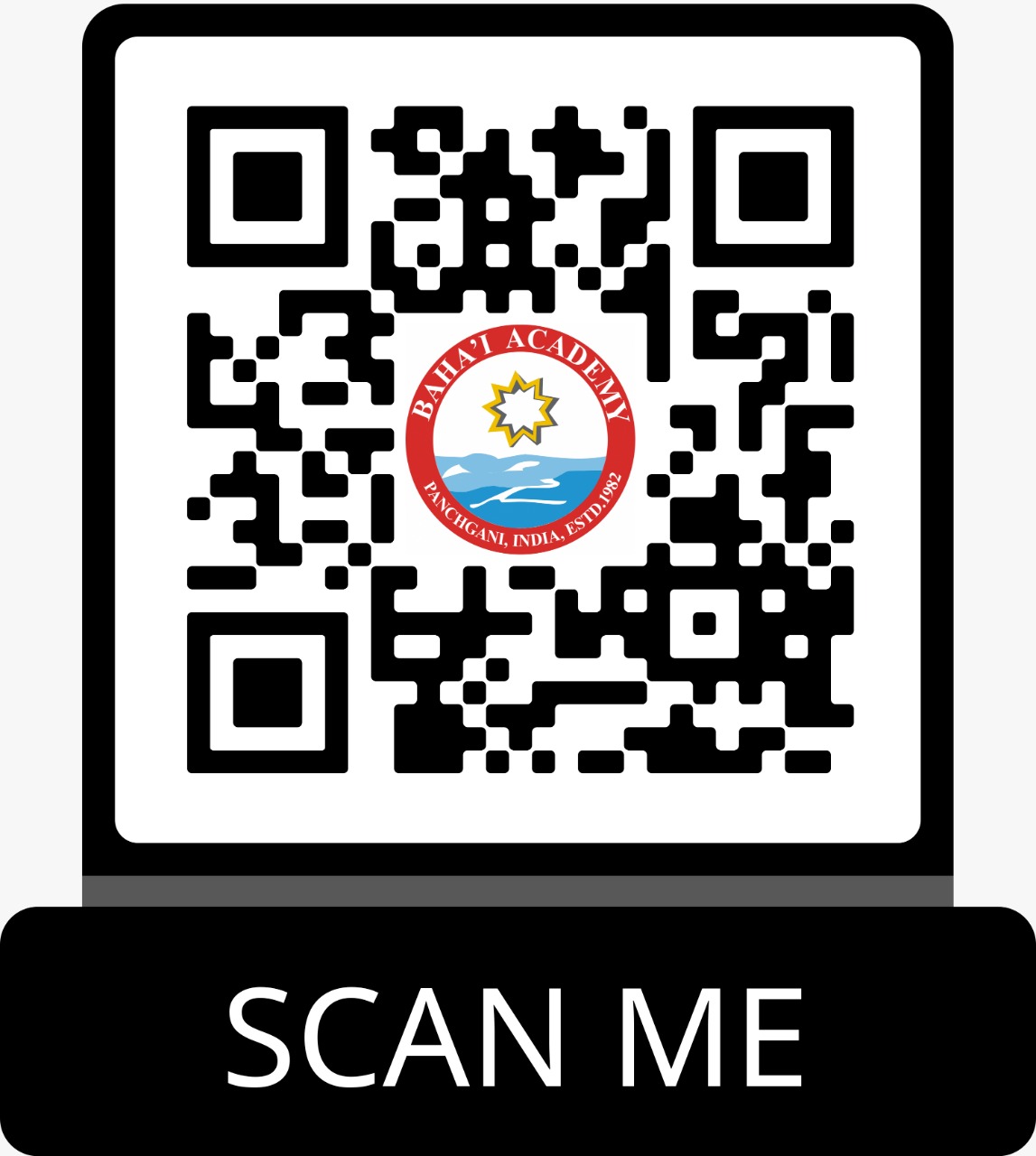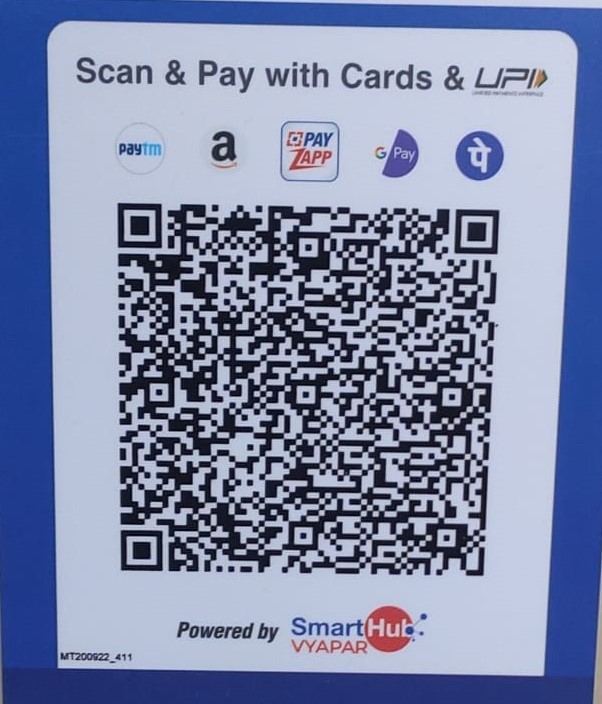| e-B.Ed: An Online Bachelor of Education [ C8 ] |
|
Launched by the Indian Consortium for Educational Transformation
(I-CONSENT)
Background:
Since May, 2003, the I-CONSENT has launched an innovative programme of Bachelor of Education (e-Education) through the blended mode of both online and face-to-face. I-CONSENT is a consortium of about a dozen institutions that include universities, organizations and NGOs and is established for transforming and establishing a new paradigm of education for the emerging Knowledge Society. It is a not-for-profit organization and is supported in its academic activities by Commonwealth of Learning, Vancouver, Canada. It has developed two programs, e-B. Ed and Virtual School and Learning Homes, and works by establishing partnerships of public & private institutions and communities. Its founding full members include YCMOU, Nashik, Shivaji University, Kolhapur, the Maharashtra Knowledge Corporation Limited (MKCL) Pune, the Network of Educational Transformation (NETRA) Pune, the Bahá'í Academy, Panchgani, the Indian Institute of Education (IIE), Pune, and Gram Mangal, Pune.
In this new informative society all the individuals, institutions and places are getting connected at a very speedy rate. New practices, requirements and value system emerge as these protagonists interact with each other. Understanding, learning about and shaping these practices is necessary for developing and nurturing a healthy culture of the Information / Knowledge Age. The teacher who at present is not much familiar with various techniques, tools and practices of this new society has to acquire new skills and competencies in addition to developing right attitudes, ethics and values used in the networked functions of education – teaching, learning, evaluating, organizing, working, developing and managing.
Nearly thirty professionals and educationists representing about fifteen institutions worked together for over two years to develop an innovative on line Bachelor of Education degree programme that is being delivered through TECH-MODE. This innovativeness of the organization and its objective percolated to the competencies and learning outcomes envisioned for the e-B. Ed graduates so that they are not just like any other conventional B.Ed graduate but also with competencies for societal development. This degree programme has six courses and a project work at the end.
The e-B.Ed Programme was officially inaugurated on 3rd May 2009 at Maharashtra Knowledge Corporation Limited (www.mkcl.org/ebed ), Pune.
The Course:
The e-B.Ed programme is designed as a new paradigm programme in a connected society in which learning, working and developing are integrated. It is based on "constructivist approach" and "situated learning design" with the focus on four pillars of education, i.e. learning to know, learning to do, learning to live together and learning to be (UNESCO). The program is conducted in a technology mediated way. On-Line as well as “Face to Face” activities using Technology Mediated Open and Distance Education (Tech-MODE) approach are used. Six role-based courses and a Project Work compose the content of the programme. Each course has a specific competency as its focal point with both learning objectives and developmental outcomes. These courses are as follows:
- Teacher as e-Culture Practitioner and Nurturer (8 Credit Points)
- Teacher as Networker and Change Maker (8 Credit Points)
- Teacher as an e-Learning Specialist (8 Credit Points)
- Teacher as an e-Learning Resource Developer (8 Credit Points)
- Teacher as Techno-Pedagogue (8 Credit Points)
- Teacher as Educational Evaluator and Action Researcher (8 Credit Points)
- Project Work (8 Credit Points)
Each course is developed by a team of experts. The first course, developed under Bahá'í Academy's leadership in collaboration with Education Dept. of the University of Pune and MKCL, is the foundational course and is offered at the beginning of this e-B. Ed programme. It consists of two parts:
1. ‘Teacher as e-Culture Practitioner’ addressing attributes of e-Culture, developing and using
practices, protocols, tools and techniques
2. ‘Teacher as e-Culture Nurturer’ focusing on such major aspects as Cooperative Learning for Development with Universal Human Values
The context in which these capabilities are developed relate to the individual, the classroom, the school and the community. Finally in this age of interconnected realities and global market, it is necessary to offer products and services of globally accepted standards. In the same way educational services too should be informed by the use of the concepts and practices of high quality and excellence. Both these need to become part of our attitude and culture.
Course Design:
Situated Learning Design (SLD) has been used to bring home difficult educational concepts and present real scenarios/situations to the learners to solve real problems they would face in the classrooms, the school and the community. The scenario in each module has one or more parts. Each part ends with a problem posed and the learner is asked to assume a role to resolve the problem. The learner should carry out certain learning activities in order to address the problems.
Scenario-based learning was chosen for the programme design to engage the learners in solving real-world problems in three contexts of classroom, school and community providing them the necessary guidance through learning resources as well as access to the experts, mentors and co-learners. The learning resources have been selected in such a way as to enable the learner to meet the role s/he is required to perform in a problem situation that is very similar to her/his work situation. Each activity has been planned in a way as to reinforce learner’s confidence and become a building block and ladder to further develop learners’ knowledge, skills and problem-solving abilities.
The teaching approach adopted for the programme focused on the learner, and the learning context. Hence learning has been formulated around learning experiences in real context, and not increasing the subject matter content. Basic principles of learning-centric curriculum were taken into consideration in developing the course. By using cooperative and collaborative learning learners are afforded the opportunity to develop meaning and understanding, and the skills of communication, cooperation and collaboration, and practice universal human values all of which are essential for success in the workplace.
Another very special feature of this programme is that it not only has articulated its learning outcomes in a meaningful way to relate to the situations the learner would face, but has explicitly pronounced the developmental outcomes of the learning. It focuses on an education that can be applied to solve daily challenges and improve the life of the stakeholders.
The roles played by a teacher in the fields of virtual learning, organizing and working could be effective through collaborative and cooperative processes. Working on the network forms a horizontal system for interacting and communicating, in which cooperative learning and developing is an important process and a requirement for development. It is also essential for producing a common wealth of learning that could be shared with all. These interactions need to be guided by universal human values, which are capable of bringing people together, and create a common vision and making best use of the information and other technologies for the betterment of the world.
Course Duration:
Minimum 2 year and maximum 4 years
Certification:
On completion of the e-B.Ed Programme, degrees are awarded to the students by the Yashwantrao Chavan Maharashtra Open University. For further information visit http://www.mkcl.org/ebed/.
| Course Type : | Online |
| Duration : | To be announced |
| Fee : | To be announced |




